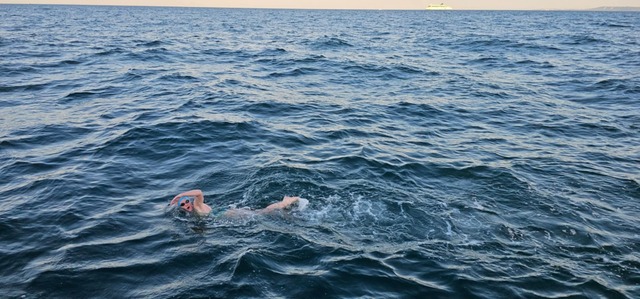By CAMERON LUCADOU-WELLS
ISAACS MP and federal attorney-general Mark Dreyfus addressed the International Court of Justice last night in a bid to stop Japan’s ‘scientific’ whale slaughters in the Southern Ocean.
Mr Dreyfus appeared from midnight-2am on Thursday AEST. The hearings are broadcast live on the ICJ’s website here at and on UN Web TV.
The government will argue that Japan, which has killed more than 10,000 whales in the name of science, is in breach of a ban on commercial whaling in the Southern Ocean whale sanctuary.
“We say that its whaling program is not science, but just a heap of body parts from whales,’’ Mr Dreyfus said.
He cited an Australian scientific project which used satellite tracking to record the movements of Antarctic blue and minki whales.
“I don’t know how significant a part whales have in the Japanese diet,” Mr Dreyfus said. “There are thousands of whales killed, there are millions of Japanese people.
“It’s about protecting these majestic creatures. To learn about them, we don’t need to kill them. It’s an issue I’ve followed for years.
“There’s tremendous support across Australia, particularly schoolchildren who wrote thousands of letters a year to the prime minister and environment minister about their concern that whales are being hunted.”
Mr Dreyfus is the first Australian attorney-general to address the International Court of Justice since the late Lionel Murphy argued against French nuclear testing in the Pacific in 1973.
“I’ve spent most of my professional career as a barrister,” Mr Dreyfus said. “It’s hard to think of a higher honour than representing Australia on this issue.”
After 20 years of diplomatic dispute over the matter, Australia and Japan — both signatories to the International Convention for the Regulation of Whaling — have submitted the issue to the court for resolution.
Both countries would abide by the verdict without straining their “friendly, long-standing” relationship, Mr Dreyfus said.
“There’s not even a question that Japan will ignore the ruling,” he said. “It is a good global citizen. Japan prides itself on that.”







